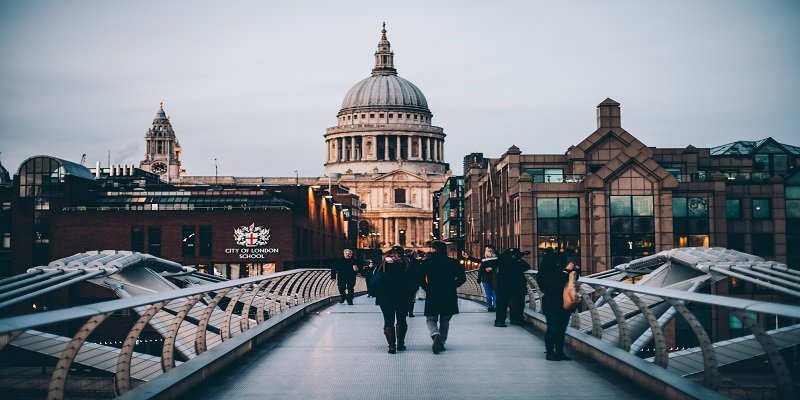Architecture in England

Overview
Academic Lead: Dr Matthew Walker
Syllabus: SUM505G Architecture in England
This module, which will be taught on site in historic buildings, will introduce students to the history of London and its buildings from the late seventeenth century to the present day. This is an extremely dynamic period in London's history: nearly the entire city was destroyed and rebuilt after the Great Fire of 1666, the city then saw huge increases in its population in the eighteenth century, and massive technological and social change in the nineteenth. The twentieth century brought yet more destruction and rebuilding after the Blitz, alongside political and economic upheaval, all of which led to radical changes in the appearance of London's buildings. This century has seen huge new investment in the City, and the rise of gentrification in the suburbs.
Throughout the module, we will tell this story by visiting and considering many different types of buildings, from churches, hospitals, and palaces, to railway stations and housing estates. Along the way, we will explore questions of architectural style, the implications of social and cultural change for architecture, and urban and architectural history and theory more generally.
Course content is subject to change.
Course aims
- To provide students with a grounding in the architecture and urban development of London from the late seventeenth century to the present day.
- To make students aware of key themes in urban and architectural history relating to the eighteenth, nineteenth, and twentieth centuries
- To encourage students to make use of primary sources relating to London history, and to use those sources to construct coherent arguments relating to key themes in the history of the city.
- To train students in architectural, material, and visual analysis, and to further develop their skills in writing and constructing arguments focused on historical themes.
Teaching and learning
You will be taught through a combination of lectures, seminars and field trips.
Learning outcomes
You will gain:
- a familiarity with the history of London from the seventeenth to the twenty-first century.
- a knowledge of architectural and urban change in the period.
- an awareness of key themes in architectural and urban history more generally.
You will be able to:
- confidently interpret and construct arguments relating to buildings and other sources of architectural and urban history.
- conduct research into the history of a city and effectively use that research to compose well-structured and argued written work.
- engage, critically, with secondary literature relating the history of a city and its buildings.
- acquire knowledge from a diverse range of sources, primary and secondary, built, visual., and documentary.
- better understand and engage with the contemporary city and its buildings
- organize and process a wide range of evidence and formulate arguments based on their interpretation of that evidence, whilst working to a deadline.
Fees
Additional costs
All reading material will be provided online, so it is not necessary to purchase any books.
You will be required to pay your travel costs to and from any field trips.
For course and housing fees visit our finance webpage
Entry requirements
We welcome Summer School students from around the world. We accept a range of qualifications
How to apply
Have a question? Get in touch - one of the team will be happy to help!
Applications close 26 May 2025